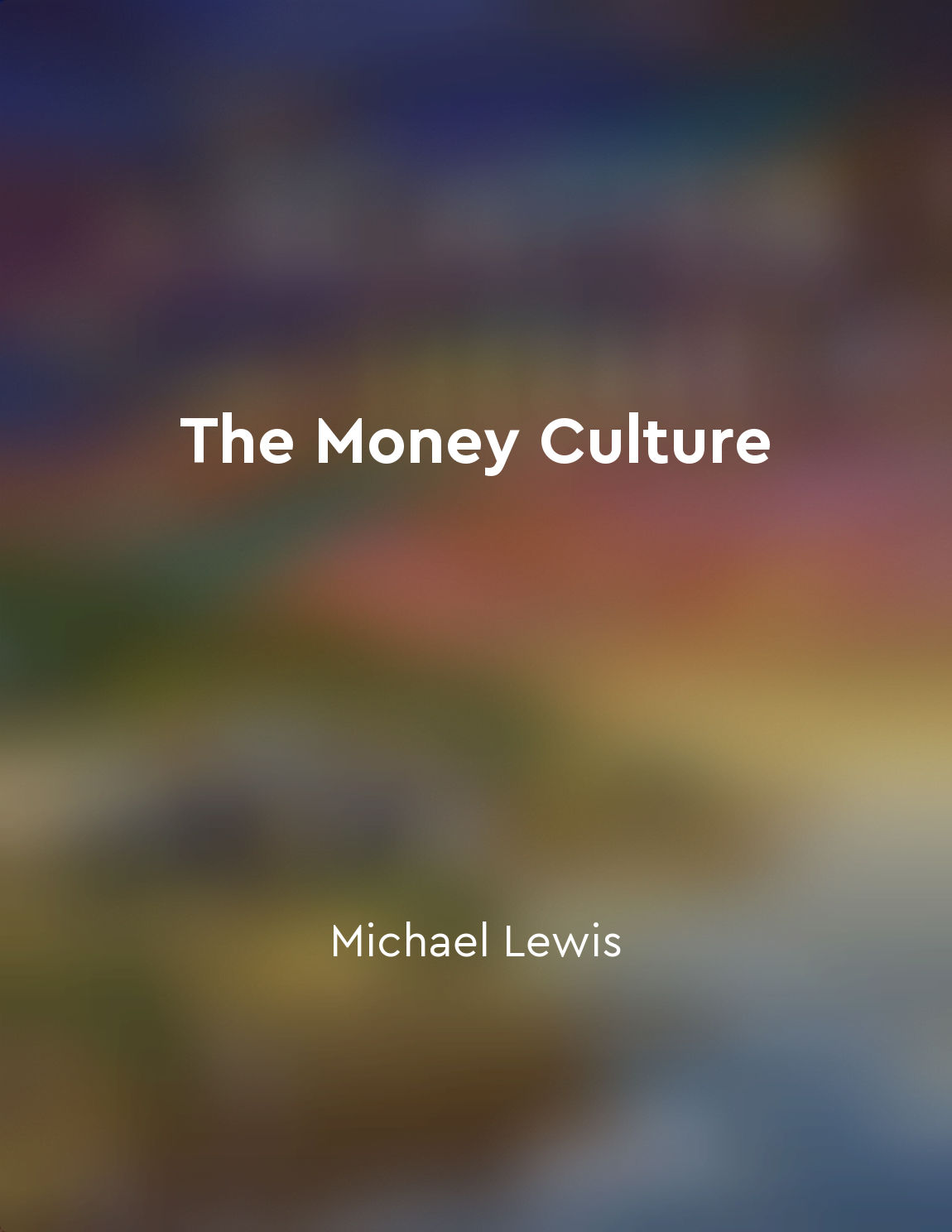Information asymmetry can create challenges in financial markets from "summary" of The Economics of Money, Banking and Financial Markets, eBook, Global Edition by Frederic S. Mishkin
Information asymmetry refers to a situation in which one party in a transaction has more or better information than the other party. This can lead to challenges in financial markets because it creates opportunities for one party to take advantage of the other. For example, if a company has more information about its financial health than its investors, it may be able to sell shares at a higher price than they are actually worth. This can result in investors losing money and erode confidence in the financial markets. In financial markets, information is crucial for making informed decisions. When there is a lack of information or when one party has more information than the other, it can lead to misallocation of resources and inefficiencies in the market. For instance, if borrowers have more information about their creditworthiness than lenders, they may be able to secure loans at lower interest rates than they should be eligible for. This can result in lenders making losses ...Similar Posts
Market participants ignore warning signs during periods of irrational exuberance
Market participants during periods of irrational exuberance tend to overlook or rationalize warning signs that suggest the ongo...
Portfolio optimization aims to maximize riskadjusted returns
Portfolio optimization is a fundamental aspect of institutional investment management, with the primary objective of maximizing...

Safeguard your finances by understanding market trends
The key to protecting your finances during turbulent times is to have a deep understanding of market trends. By being aware of ...
Behavioral finance complements traditional models
In the quest to understand the complexities of financial markets, traditional models have long been the go-to framework. These ...

We have a tendency to rely on intuition rather than logic
Our decisions are often guided by our intuition rather than by logic. This reliance on intuition can lead us astray, as our gut...
Cultural values influence economic decisionmaking
The idea that cultural values play a crucial role in shaping economic decision-making is a fundamental concept in the study of ...

Public education can stifle innovation and creativity
Public education, as it exists in many countries today, is often characterized by rigid structures and standardized curricula. ...
The human cost of the financial crisis
The financial crisis had a profound impact on the lives of many individuals, far beyond the realm of Wall Street. People lost t...
People tend to stick to their initial judgments
When faced with making a decision, individuals often rely on their initial judgments as a guiding force. This tendency to stick...

Corporate culture emphasizes profit over ethics
In the world of finance, the prevailing ethos is one that places profits above all else. Ethics are often seen as a hindrance t...
